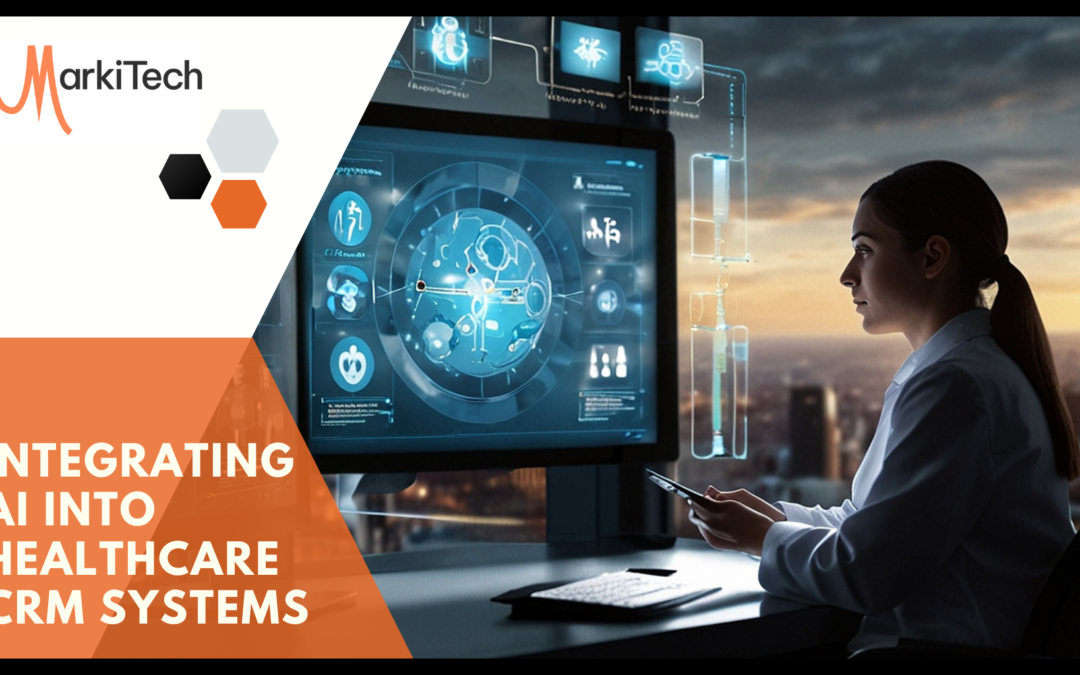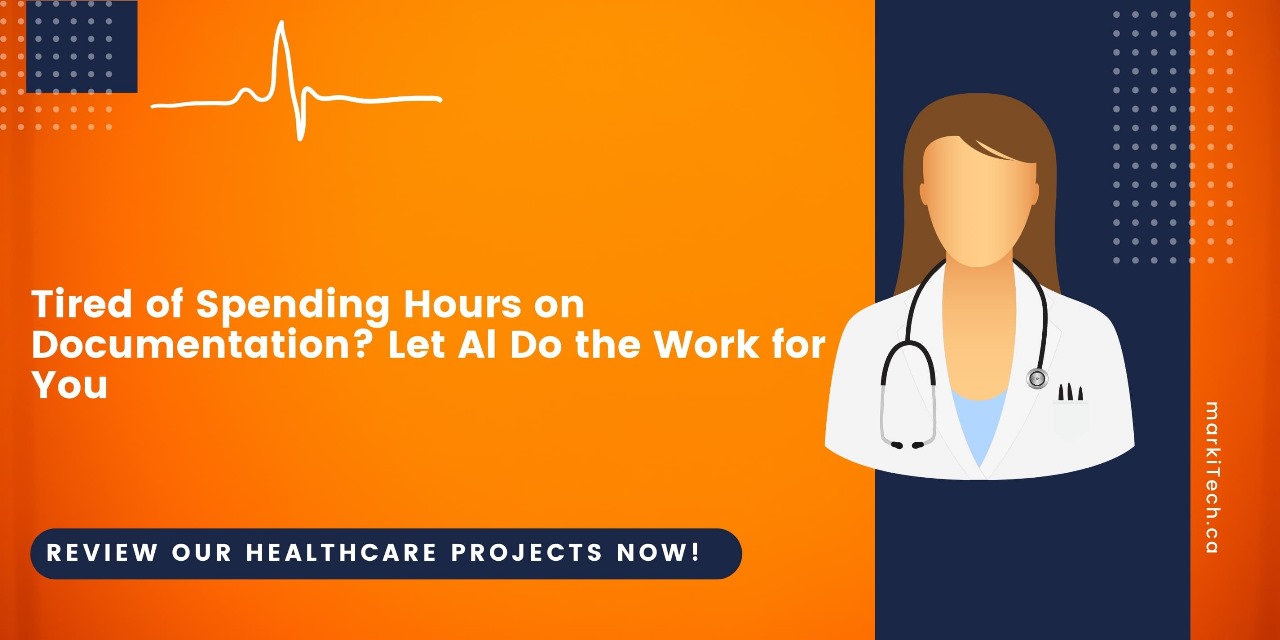Medically Reviewed: Dr Hanif Chatur
Image Credit: Canva
Enhancing Patient Care through Artificial Intelligence and Telehealth
The healthcare industry is among those that are changing at an incredible rate today, and probably the most compelling reason for such change has to do with the integration of artificial intelligence and telehealth into the system. These terms are not just jargon but have come to redefine how healthcare providers build relationships with their patients and ways of caring and managing their operations.
Understanding Healthcare CRM Systems
CRM is a system that allows doctors and other health professionals to manage their relationship with patients. It keeps records of patient data, appointment history, treatment history, and even communication preferences. Having all this information in one place allows for much more personalized and effective care.
The Role of Artificial Intelligence in Healthcare CRM
Artificial intelligence (AI) brings a totally new experience to the healthcare CRM systems. The ability of AI in analyzing huge amounts of patient data makes it easy to identify patterns and predict outcomes. For example, through medical history, choice of lifestyle, and even genetic information, AI can provide insight into patients that are at risk of developing chronic/bad conditions.
That cool predictive capability lets healthcare jump in early and provide preventive care that can save lives and lower the cost of healthcare. Also, AI can handle some mundane tasks for you like appointment scheduling or follow-up calls, freeing your health professional up to work on the big picture.
Extending Care Beyond the Clinic
Telehealth is one of the key facets of health care, particularly in the post-pandemic era. In short, with telehealth integration along with AI-driven CRM systems, health providers can provide virtual consultations, can monitor their patients remotely, and offer health care in broad, far-flung, or under-served areas.
For instance, AI can analyze wearable data to monitor real-time vitals of a patient. When the system detects any abnormality, it will automatically trigger an alert to the healthcare provider, who can immediately initiate telehealth consultation based on the situation.
Benefits of Integrating AI into Healthcare CRM Systems
Integration of AI in healthcare CRM systems comes with a host of benefits, which include the following:
This would allow AI to provide an informed decision for better care to the patients on behalf of the caregivers.
Smoothening Efficiency: The regular tasks, once automated, take away much of the load from the healthcare staff to let them focus on patient care.
Increased Patient Involvement: AI personalizes communications with patients by sending tailored messages to improve patient satisfaction and engagement.
Cost Savings: AI allows for the early detection of health problems well before they exacerbate, minimizing the need for high-value treatments and hospitalization.
AI in patient management
How MarkiTech Can Help
Conclusion
AI and telehealth integration in healthcare CRM systems are absolute game-changers. Such tools will ultimately allow the provider to amplify patient care, enhance efficiency, and cut some costs. At MarkiTech, we are at the forefront in this transformation, guiding healthcare people to leverage AI and telehealth for betterment in patient care.
With telehealth, AI has transforming benefits for healthcare systems. For healthcare professionals wanting to take their CRM capabilities even further, AI offers tools to facilitate smoothing of processes, engagement of patients, and resource optimization. Beyond immediate improvements, AI further empowers healthcare systems to not only adapt but also foresee challenges coming into the future as it drives innovation in patient care, diagnostics, and treatment. By analyzing massive volumes of data, AI can predict trends, assess the potential for health risks, and offer personalized care plans that ensure better patient outcomes. Consequently, Artificial Intelligence does not only improve present practices but is also shaping the future of healthcare as it makes it more proactive, personalized, and efficient.





